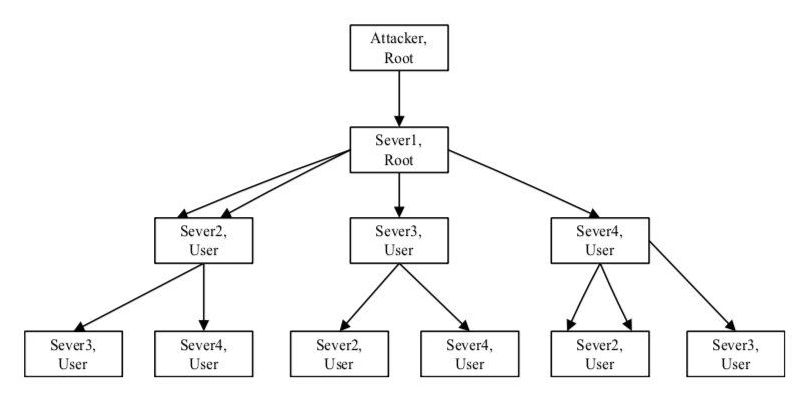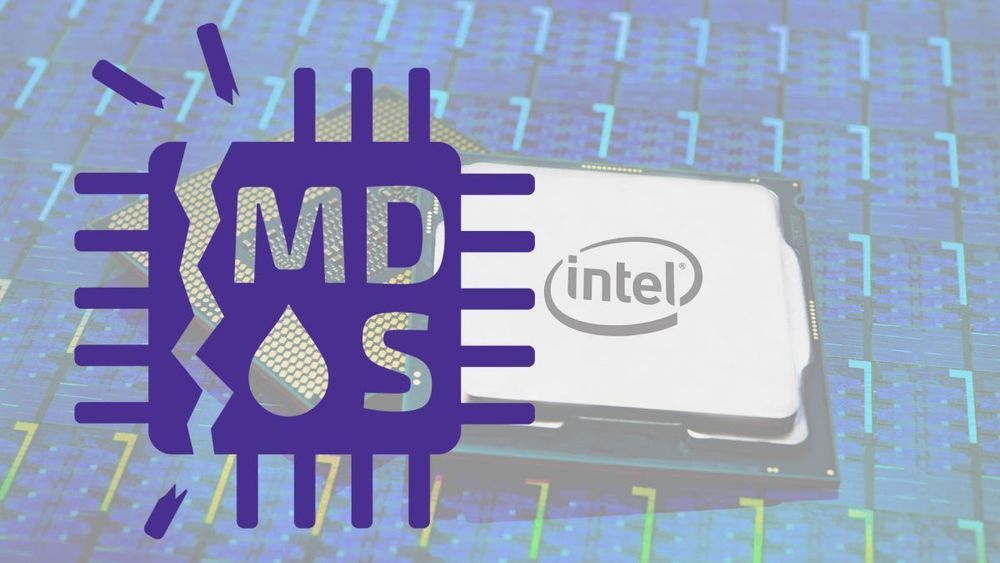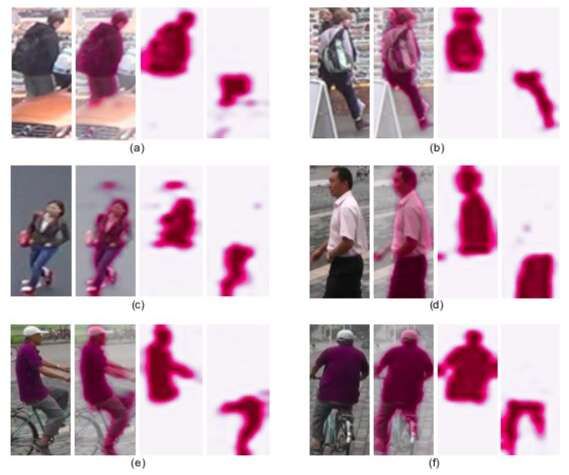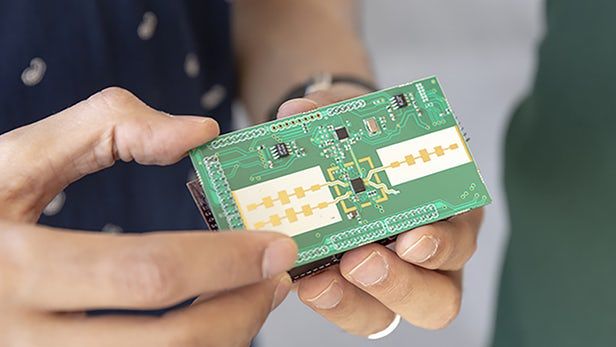Successful OmegaA test keeps the program on the path towards a 2021 first launch and a crack at the Air Force’s hotly contested national security launch program.



A growing number of devices are now connected to the internet and are capable of collecting, sending and receiving data. This interconnection between devices, referred to as the Internet of Things (IoT), poses serious security threats, as cyberattackers can now target computers and smartphones, but also a vast array of other devices, such as tablets, smart watches, smart home systems, transportation systems and so on.
For the time being, examples of large-scale IoT implementations (e.g. connected infrastructure, cities, etc.) are somewhat limited, yet they could soon become widespread, posing significant risks for businesses and public services that heavily rely on the internet in their daily operations. To mitigate these risks, researchers have been trying to develop security measures to protect devices connected to the internet from wireless network attacks.
To this end, two researchers at Baoji University of Arts and Sciences, in China, have recently developed a new method to defend devices in an IOT environment from wireless network attacks. Their approach, presented in a paper published in Springer’s International Journal of Wireless Information Networks, combines a deep neural network with a model based on game theory, a branch of mathematics that proposes strategies for dealing with situations that entail competition between different parties.

Quantum physics, the study of the universe on an atomic scale, gives us a reference model to understand the human ecosystem in the discrete individual unit. It helps us understand how individual human behavior impacts collective systems and the security of humanity.
Metaphorically, we can see this in how a particle can act both like a particle or a wave. The concept of entanglement is at the core of much of applied quantum physics. The commonly understood definition of entanglement says that particles can be generated to have a distinct reliance on each other, despite any three-dimensional or 4-dimensional distance between the particles. What this definition and understanding imply is that even if two or more particles are physically detached with no traditional or measurable linkages, what happens to one still has a quantifiable effect on the other.
Now, individuals and entities across NGIOA are part of an entangled global system. Since the ability to generate and manipulate pairs of entangled particles is at the foundation of many quantum technologies, it is important to understand and evaluate how the principles of quantum physics translate to the survival and security of humanity.


A new type of money that allows users to make decisions based on information arriving at different locations and times, and that could also protect against attacks from quantum computers, has been proposed by a researcher at the University of Cambridge.
The theoretical framework, dubbed ‘S–money’, could ensure completely unforgeable and secure authentication, and allow faster and more flexible responses than any existing financial technology, harnessing the combined power of quantum theory and relativity. In fact, it could conceivably make it possible to conduct commerce across the Solar System and beyond, without long time lags, although commerce on a galactic scale is a fanciful notion at this point.
Researchers aim to begin testing its practicality on a smaller, Earth-bound scale later this year. S-money requires very fast computations, but may be feasible with current computing technology. Details are published in the Proceedings of the Royal Society A.

Person re-identification entails the automated identification of the same person in multiple images from different cameras and with different backgrounds, angles or positions. Despite recent advances in the field of artificial intelligence (AI), person re-identification remains a highly challenging task, particularly due to the many variations in a person’s pose, as well as other differences associated with lighting, occlusion, misalignment and background clutter.
Researchers at the Suning R&D Center in the U.S. have recently developed a new technique for person re-identification based on a multi-scale body-part mask guided attention network (MMGA). Their paper, pre-published on arXiv, will be presented during the 2019 CVPR Workshop spotlight presentation in June.
“Person re-identification is becoming a more and more important task due to its wide range of potential applications, such as criminal investigation, public security and image retrieval,” Honglong Cai, one of the researchers who carried out the study, told TechXplore. “However, it remains a challenging task, due to occlusion, misalignment, variation of poses and background clutter. In our recent study, our team tried to develop a method to overcome these challenges.”



The smaller and lighter electronics get, the more ways they can be used. A team of researchers has come up with a compact radar system the size of a matchbox that could be deployed in drones, guidance systems for people with vision problems, and other gadgets where portability and low cost are important.

One of Huntsville’s historic Apollo engine test stands is coming back to life under an agreement between NASA and Jeff Bezos’ Blue Origin space company.
NASA announced Wednesday it has signed an agreement to let Blue Origin use Marshall Test Stand 4670 to test its BE-3U and BE-4 rocket engines. The BE-4 has been selected to power United Launch Alliance’s new Vulcan rocket and Blue’s New Glenn rocket.
Both rockets are being built to power new boosters for America’s three key space markets: NASA, commercial companies like ULA and national security customers such as the Air Force.